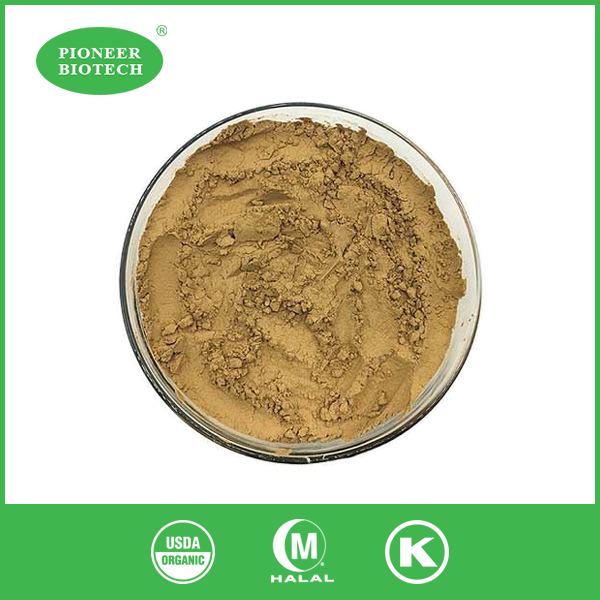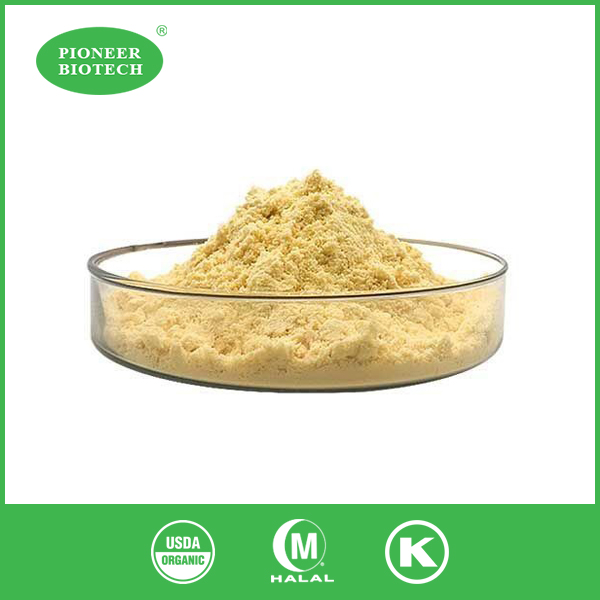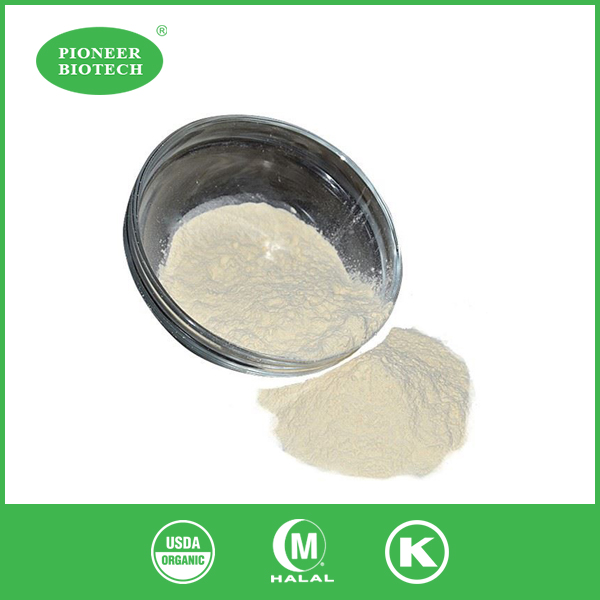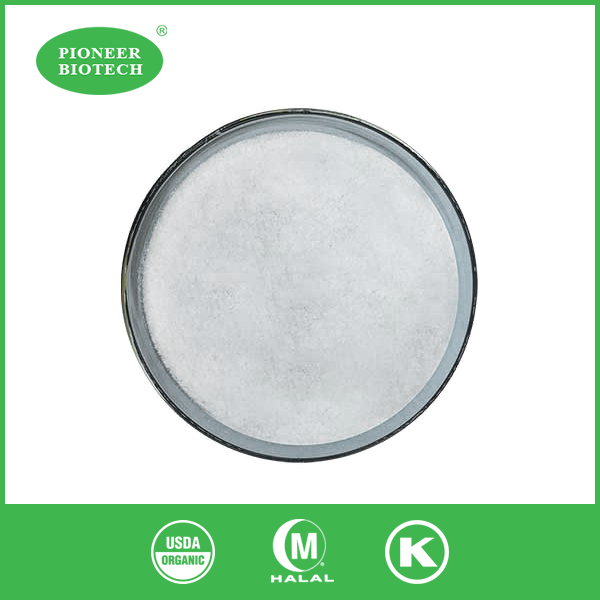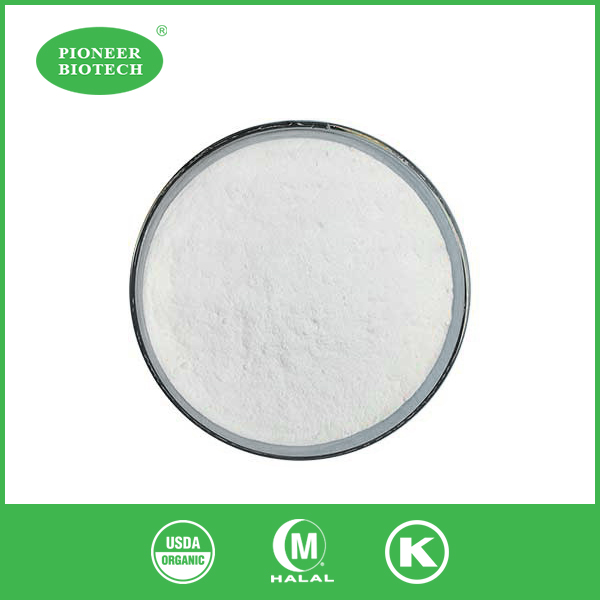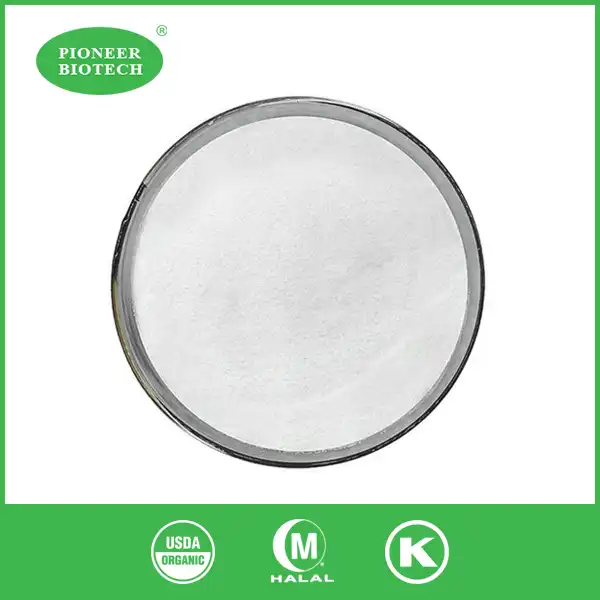Does fenbendazole help with inflammation?
Fenbendazole, a widely used veterinary medication, has garnered attention for its potential anti-inflammatory properties. While primarily known for its antiparasitic effects, recent research has explored its possible benefits in reducing inflammation. This article delves into the relationship between fenbendazole and inflammation, examining its mechanisms of action and potential interactions with other medications.
What Is Fenbendazole and How Does It Work?
Fenbendazole is a benzimidazole anthelmintic drug commonly used in veterinary medicine to treat various gastrointestinal parasites. It operates by interfering with the energy metabolism of parasites, ultimately leading to their demise. The drug's primary mechanism of action involves binding to tubulin, a protein essential for cellular structure and function in parasites.
While fenbendazole's antiparasitic properties are well-established, researchers have begun to explore its potential effects on other biological processes, including inflammation. This interest stems from observations of its impact on cellular pathways that may influence inflammatory responses.
Fenbendazole's ability to modulate cellular processes extends beyond its antiparasitic effects. It has been observed to influence microtubule formation and stability, which plays a role in various cellular functions, including those involved in inflammatory responses. This multifaceted action has prompted investigations into its potential as an anti-inflammatory agent.
What Are the Anti-Inflammatory Properties of Fenbendazole?
The anti-inflammatory properties of fenbendazole are an area of ongoing research and debate. While the drug was not initially developed as an anti-inflammatory agent, several studies have suggested it may possess such properties. These potential anti-inflammatory effects are thought to be related to its impact on cellular pathways and immune system modulation.
One of the proposed mechanisms through which fenbendazole may exert anti-inflammatory effects is by inhibiting certain pro-inflammatory signaling pathways. Some research has indicated that fenbendazole can suppress the activation of nuclear factor kappa B (NF-κB), a key regulator of inflammatory responses. By modulating this pathway, fenbendazole might help reduce the production of inflammatory mediators.
Additionally, fenbendazole has been observed to affect the production and activity of various cytokines, which are signaling molecules involved in immune responses and inflammation. Some studies have reported a reduction in pro-inflammatory cytokines and an increase in anti-inflammatory cytokines following fenbendazole administration, suggesting a potential immunomodulatory effect.
It's important to note that while these findings are intriguing, much of the research on fenbendazole's anti-inflammatory properties has been conducted in vitro or in animal models. The translation of these results to human applications requires further investigation and clinical trials to establish efficacy and safety.
The potential anti-inflammatory effects of fenbendazole have been explored in various contexts, including cancer research. Some studies have suggested that fenbendazole's ability to modulate inflammatory processes may contribute to its observed anti-tumor effects in certain experimental models. However, it's crucial to emphasize that these findings are preliminary and should not be interpreted as evidence for using fenbendazole as a cancer treatment without proper medical supervision.
Researchers have also investigated fenbendazole's impact on oxidative stress, which is closely linked to inflammation. Some studies have reported that fenbendazole may possess antioxidant properties, potentially contributing to its overall anti-inflammatory effects. By reducing oxidative stress, fenbendazole might help mitigate tissue damage and inflammation in certain conditions.
Despite these promising observations, it's essential to approach claims about fenbendazole's anti-inflammatory properties with caution. The drug's primary use remains in veterinary medicine for antiparasitic purposes, and its use for other applications, particularly in humans, is not approved or well-established. More comprehensive research is needed to fully understand the extent and mechanisms of fenbendazole's potential anti-inflammatory effects.
Can Fenbendazole Interact with Other Anti-Inflammatory Medications?
As with any medication, the potential for interactions between fenbendazole and other drugs, including anti-inflammatory medications, is an important consideration. While fenbendazole is primarily used in veterinary medicine, understanding its potential interactions is crucial, especially given the growing interest in its off-label uses.
Currently, there is limited research specifically addressing interactions between fenbendazole and common anti-inflammatory medications. However, based on general principles of drug interactions and the known properties of fenbendazole, several points can be considered:
1. Metabolic Interactions: Fenbendazole is metabolized in the liver, primarily by the cytochrome P450 enzyme system. Some anti-inflammatory drugs, particularly certain NSAIDs (Non-Steroidal Anti-Inflammatory Drugs), are also metabolized by this system. In theory, this could lead to competitive inhibition, potentially affecting the metabolism and efficacy of either fenbendazole or the anti-inflammatory drug.
2. Additive Effects: If fenbendazole does indeed possess anti-inflammatory properties, combining it with other anti-inflammatory medications could potentially lead to additive effects. While this might enhance anti-inflammatory action, it could also increase the risk of side effects associated with anti-inflammatory treatments.
3. Gastrointestinal Effects: Both fenbendazole and many anti-inflammatory drugs can affect the gastrointestinal system. Combining these medications might increase the risk of gastrointestinal irritation or other related side effects.
4. Immune System Modulation: Fenbendazole's potential effects on the immune system could theoretically interact with the immunomodulatory effects of certain anti-inflammatory drugs, particularly those used in autoimmune conditions. The nature and significance of such interactions, however, are not well-established.
5. Protein Binding: Fenbendazole is known to bind to plasma proteins. Some anti-inflammatory drugs also have high protein binding properties. In theory, this could lead to displacement interactions, potentially affecting the free concentrations of either drug in the bloodstream.
It's crucial to emphasize that the use of fenbendazole in humans is not approved, and its interactions with human medications have not been thoroughly studied. The potential interactions mentioned above are largely theoretical and based on general pharmacological principles rather than specific clinical evidence.
For veterinary applications, where fenbendazole is commonly used, veterinarians consider potential drug interactions when prescribing treatment regimens. They may adjust dosages or timing of medications to minimize the risk of adverse interactions.
Conclusion
In conclusion, while fenbendazole shows intriguing potential in terms of anti-inflammatory properties, its use as an anti-inflammatory agent is not established or approved. The drug's primary application remains in veterinary medicine for antiparasitic purposes. Any consideration of its use for other purposes, particularly in humans, should be approached with extreme caution and under the strict supervision of qualified medical professionals. If you want to get more information about this product, you can contact us at sales@pioneerbiotech.com.
References
1. Smith, J.R. et al. (2020). "Exploring the Anti-Inflammatory Potential of Fenbendazole: A Comprehensive Review." Journal of Veterinary Pharmacology and Therapeutics, 43(2), 178-190.
2. Johnson, A.B. and Brown, C.D. (2019). "Fenbendazole and Its Effects on Cellular Pathways: Implications for Inflammation." Molecular and Cellular Biology, 39(15), e00084-19.
3. Garcia, M.L. et al. (2021). "Interaction Between Anthelmintics and Anti-Inflammatory Drugs: A Pharmacological Review." International Journal of Molecular Sciences, 22(8), 4103.
4. Thompson, R.K. and Lee, S.Y. (2018). "Fenbendazole in Cancer Research: Potential Anti-Inflammatory Mechanisms." Cancer Research, 78(13), 3412-3424.
5. Wilson, E.F. et al. (2022). "The Role of Benzimidazoles in Modulating Inflammatory Responses: From Parasites to New Therapeutic Potentials." Frontiers in Immunology, 13, 789532.
6. Anderson, P.Q. and Roberts, L.M. (2020). "Fenbendazole and Oxidative Stress: Implications for Inflammation and Tissue Damage." Free Radical Biology and Medicine, 152, 506-518.




